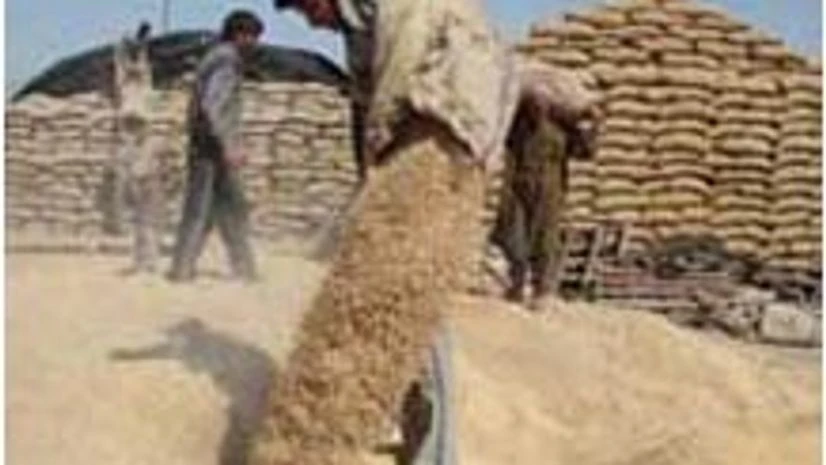Government has approved a proposal of the Food Corporation of India to raise up to Rs 8,000 crore through long-term bonds to meet working capital requirement.
The nodal agency for procurement and distribution of foodgrains, FCI is facing problems in running operations in view of non-payment of food subsidy worth Rs 40,000 crore from the government.
FCI officials said it had sent the proposal to the Food Ministry and it was further moved to Finance Ministry for seeking permission to raise funds via bonds as it.
More From This Section
"Government has approved to raise up to Rs 8,000 crore via issuing long term bonds to meet our operational expenses and improve working capital," a senior FCI official said, adding however that it is yet to receive the written permission.
"We would prefer to raise the entire Rs 8,000 crore in one go, but we may issue multiple offers depending on the market situation," the official added.
The corporation is mulling bonds with 10-15 year maturity period and the interest rate will be decided through the open bidding process, he added.
According to the FCI officials, the subsidy dues with the government have risen to about Rs 40,000 crore, from Rs 32,000 crore at the start of this fiscal.
In the Budget 2013-14, Finance Ministry allocated Rs 90,000 crore for the food subsidy, of which Rs 10,000 crore was earmarked for the implementation of the food security law, enacted in early September this year.
The bulk of the food subsidy is paid to FCI for running the public distribution system (PDS).
Operation costs of FCI have risen sharply in the last few years due to increase in the minimum support prices (MSP) of grains as well as high storage costs.
During the last fiscal, 2012-13, FCI had raised Rs 5,000 crore through issuing bonds.
In order to ensure smooth procurement operations, FCI has already availed of a cash credit limit of about Rs 55,000 crore with a consortium of 62 banks which is secured by mortgaging stocks. It also has availed Rs 20,000 crore through short term loans.
However, the official said that at times cash-credit limit and short-term loans are not sufficient to meet the working capital requirement because of delays in food subsidy payment.

)
